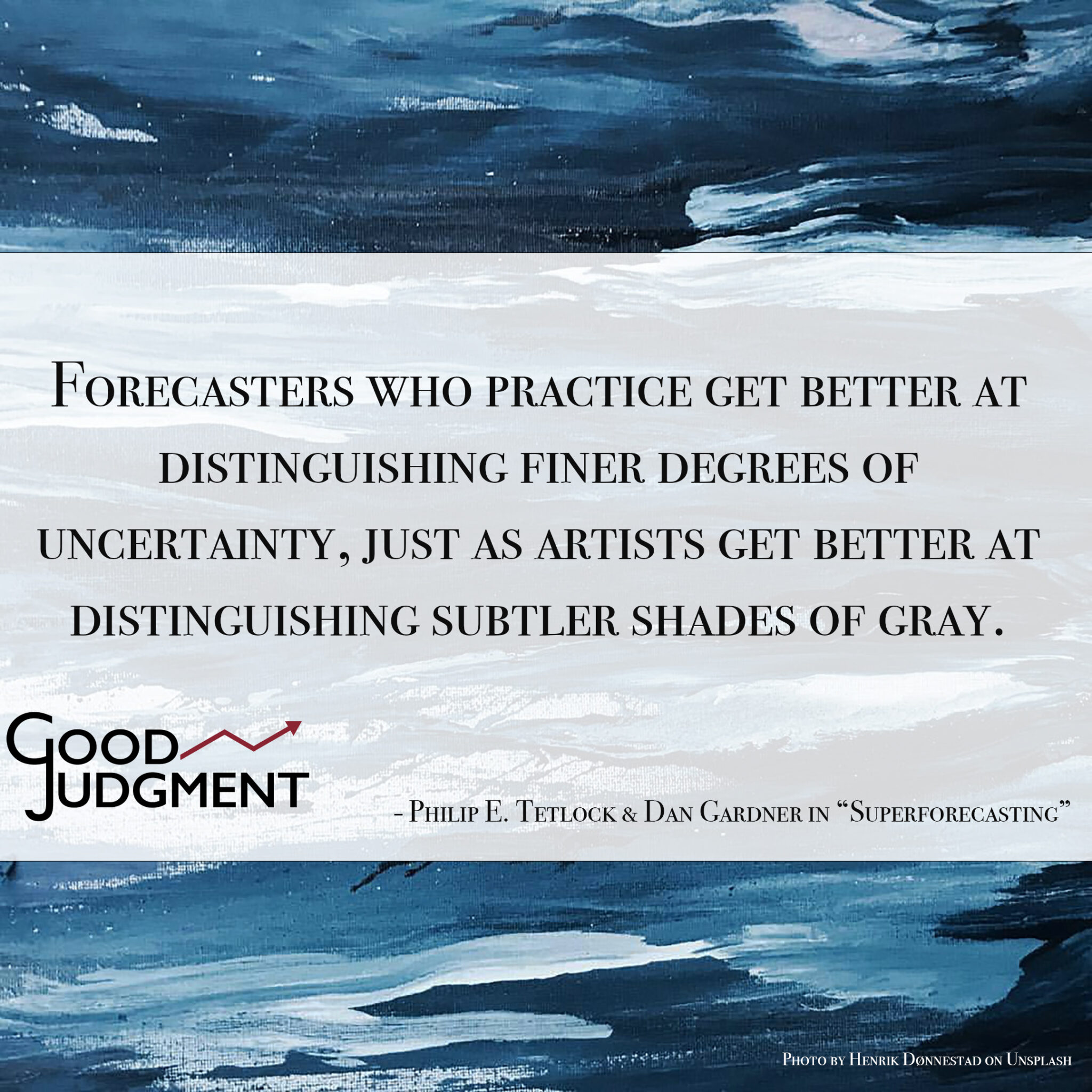It is Good Judgment’s belief that teaching forecasting skills to young people will lead to better life outcomes for all.

Every decision is a forecast. Some are seemingly simple, like leaving home in time to catch the bus. Others are more impactful, like one’s career choice. At no point in life do we need to make so many critical decisions as in our late teens and early twenties. Yet, many young people are under-equipped in their approaches to making decisions.
Research in neuroscience and psychology shows that the prefrontal cortex—a region of the brain associated with reasoning and decision-making—does not mature until well into a person’s twenties. For this reason, many young people tend to overlook long-term consequences, discount larger delayed rewards over smaller immediate gains, and succumb to peer influence and undervalue risk. This leads to suboptimal choices, some of which may have repercussions for the individual’s well-being for years to come.
At Good Judgment, we believe that equipping young people with forecasting skills will help improve their overall decision-making abilities and lead to better outcomes.
Five Reasons Why Young People Should Learn Forecasting
Good Judgment has long upheld a vision of forecasting becoming part and parcel of education. This vision is shared by many of our colleagues and friends as well as partners at education institutions across North America, Europe, and beyond. Since the inception of Good Judgment Inc, it has been an honor and pleasure to be part of many worthy programs that aim to bring forecasting into the lecture halls and classrooms—from a partnership with the Alliance for Decision Education in a pilot project for high schools in the United States, to hosting a GJ Open Challenge for Harvard Kennedy School students, to workshops for the best and brightest at the University of Copenhagen (Denmark) and elsewhere.
As the number of forecasting courses continues to grow, we look to a future of better decision-making, whether in personal lives, business, or policymaking.
If you represent an institution that shares our goal of promoting better decision-making among young people, we can support you by:
If you are an individual interested in improving your forecasting acumen, join the internet’s smartest crowd on GJ Open, follow the advice from our Superforecasters (here, here, or here), read good books (some lists here and here), or explore such options as our self-paced online training course. And above all, keep practicing and keep track of your progress. As Phil Tetlock and Dan Gardner write in Superforecasting, “Forecasters who practice get better at distinguishing finer degrees of uncertainty, just as artists get better at distinguishing subtler shades of gray.”
Schedule a consultation to learn how our FutureFirst monitoring tool, custom Superforecasts, and training services can help your organization make better decisions.